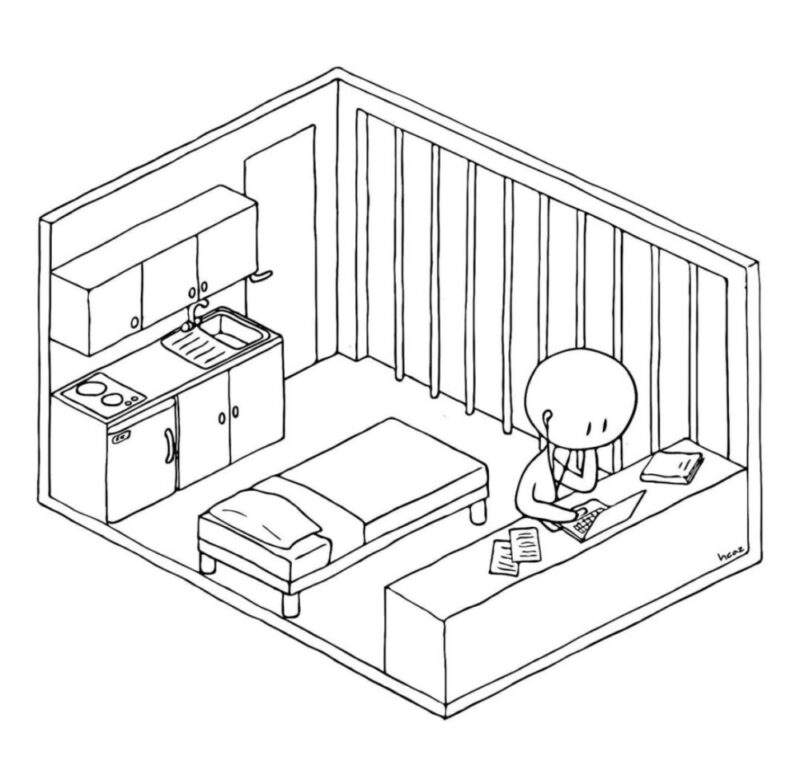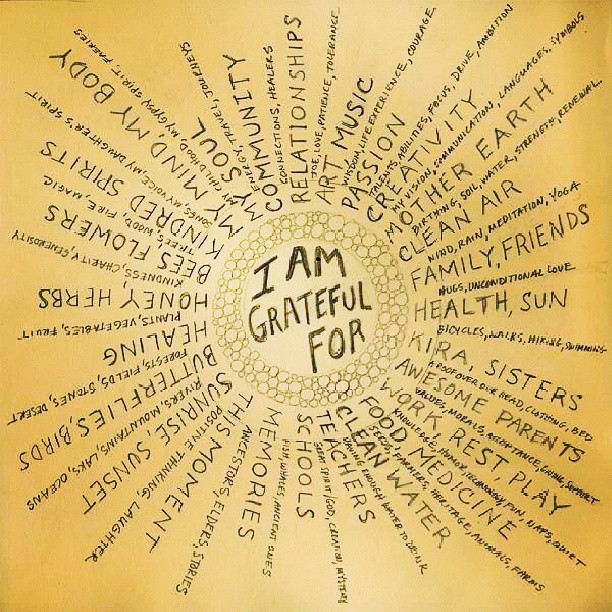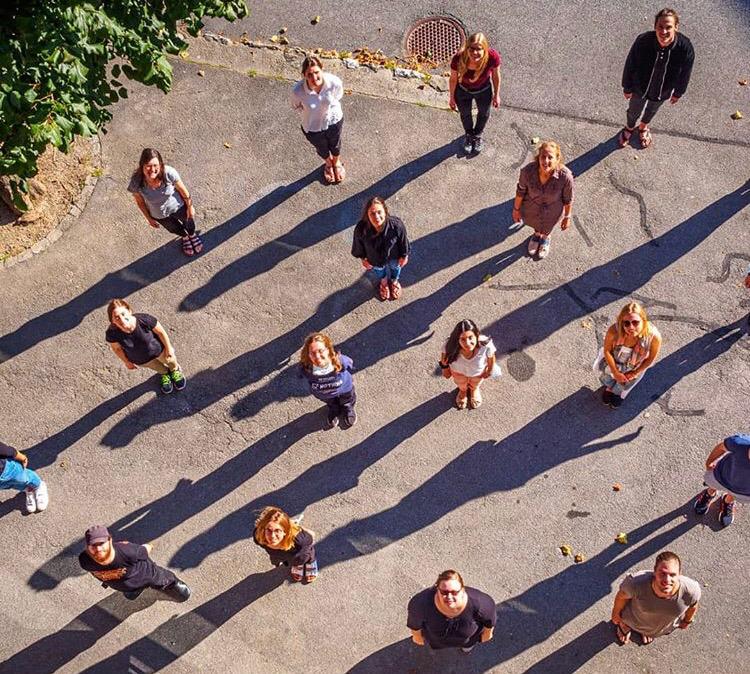It’s been some years now that Internet takes a huge place in our life. It was, and still is, a wonderful tool that allows us to be in touch with our friends and family who live far from us. The industry of social media developed very fast and so well that today, we can not live without it. Our social media represents our personality, or I better say, it represents what we want other people to think about our personality. It started with Facebook, followed by many others including dating apps. Cyberspace is considered as an uncertain space for our identities and this is why we create the “identity game” (Gassey, 2019) which is influenced by many factors. On social media, we look for social connections indeed, but for other things as well. For example, the reactions others may have toward our feed pushes us to explore ourselves. In order to avoid cognitive dissonance in the way we present ourselves and what others think we’re always in readjustment. The biggest challenge that we have to deal with is the impossibility to validate the information we see. It depends on us whether or not we believe what we read.
When it comes to emotions felt through social media, lots of questions take place. Is what I feel relevant or even real ? Is everything made in my head ? We are 80% sure that we express ourselves clearly while discussing with someone and yet there’s only a 50% chance that she or he understands our tone (Gassey, 2019). This unique fact shows the importance of non-verbal behaviour in our communication. While communicating online, our imagination plays a huge role to reduce as much as possible the uncertainty that we deal with. It reveals our need to orient ourselves through the different relations we may create online.
The fact of attributing the power of emotional evocation to devices of objects creates therefore a valid form of presence for our brain (Gassey, 2019). The best example for this is the well-known “emoji”; we infer different emotions to different emojis which help us to understand what the other wants to say. In addition, “emojis” can be interpreted as signs of proximity by some. However, we forget that interpretations differ for each one of us. Some may use emojis very often and others tend to use them very rarely. While on one hand making emotion more valid, emojis can lead to misunderstandings on the other hand.
In conclusion, virtual emotions are mostly perceived subjectively as real, well-founded and even rational (Gassey, 2019). Yet we have to keep in mind that most of the time they are based on uncertain or even false, biased or manipulated information and nothing can replace the authenticity of the face-to-face conversation.
Bibliography :
- Gassey, O. (2019, Printemps). Introduction à la sociologie des pratiques sociales en ligne
Featured image :
- Brake, T. (2017, juillet 12). Understanding virtual emotional intelligence. https://www.trainingjournal.com/print/5143
Author : Ardiana Dacaj






